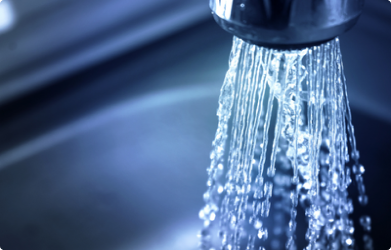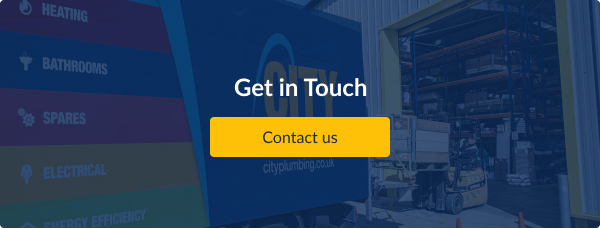 Free delivery on orders over £75 ex VAT
Free delivery on orders over £75 ex VAT Free click & collect from branches nationwide
Free click & collect from branches nationwideHow Social Housing Providers Can Help Save Water

Water Conservation in Social Housing: A Guide for Providers
With increasing concerns about water scarcity and rising utility costs, social housing providers have a crucial role to play in promoting water conservation. By implementing water-saving strategies and technologies, they can help tenants reduce their environmental impact and save money on their bills.
The Hidden Water Footprint
Many people underestimate their daily water usage. While the average person might guess they use around 20 litres per day, the reality is closer to 142 litres per person. For a family of four, that adds up to over 500 litres daily!
Water-Saving Solutions for Social Housing
Fortunately, a range of water-efficient products and technologies can significantly reduce water consumption without sacrificing comfort or convenience. Here are some key areas where social housing providers can make a difference:

- Efficient Fixtures and Appliances:Installing water-saving toilets, showerheads, and faucets can significantly reduce water usage in kitchens and bathrooms.
- Rainwater Harvesting:Implementing rainwater harvesting systems, such as water butts, can provide a sustainable source of water for gardening and outdoor use.
- Leak Detection and Repair:Regularly checking for and repairing leaks can prevent significant water waste.
- Smart Technology:Utilising smart water meters and leak detection devices can help identify and address water waste in real-time.
Benefits Beyond Water Savings
In addition to conserving water, these measures can also lead to significant cost savings for tenants. For example, a high-efficiency shower can save an average household up to £300 per year on water and energy bills.
Modern Water-Saving Technology
Today's water-saving products are designed to be both efficient and stylish. Innovative technologies like aerators and flow restrictors can maintain water pressure while reducing overall consumption.
Partnering with Plumbing Professionals
Social housing providers should work closely with plumbing professionals to identify and implement the most effective water-saving solutions for their properties. By collaborating with experts, they can ensure that installations are carried out correctly and meet the needs of their tenants.
A Sustainable Future
By prioritising water conservation, social housing providers can contribute to a more sustainable future for their tenants and the environment. Through education, technology, and collaboration, we can all work together to protect our precious water resources.



